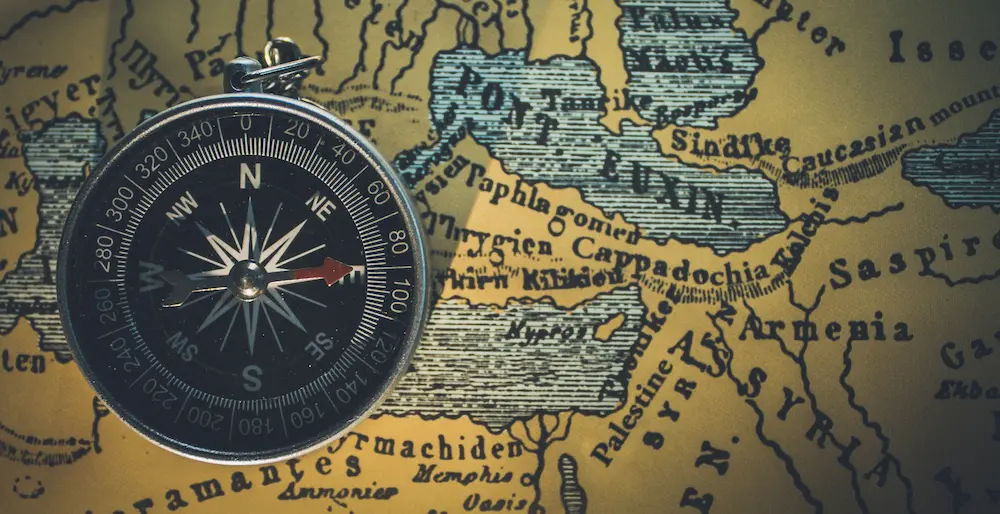Skyscanner (@Skyscanner) is one of the world’s most popular travel search engines, with 60 million users per month. And millions of those users get fares, travel information and flight options quickly and easily thanks to artificial intelligence. An AI messenger bot asks you where you want to go, then gives you the most useful booking information in seconds.
Skyscanner isn’t alone in leveraging AI for better, faster and more personalized travel experiences.
“All kinds of travel and hospitality brands are now embedding AI tech in their search process, and chat platforms in their online communications, to improve customer service and engagement,” writes travel research firm Skift (@skift) in their 2017 Megatrends Report.
Travel marketers, AI is about to make things very interesting.
Skyscanner, Natural Language Generation and AI in Travel
Artificial intelligence is a term used to describe a suite of technologies that use massive data sets to increase personalization, prediction and productivity. These technologies learn patterns and insights from data that humans don’t see or don’t see fast enough. Those patterns and insights inform recommendations and actions that enhance operations and consumer experiences.
Skyscanner’s bot magic happens largely thanks to natural language processing (NLP) and natural language generation (NLG), two widely used artificial intelligence technologies. The bot reads the information typed into its interface, then, based on data from likely millions of other similar queries, “understands” what is being asked of it.
Related Read: The Marketer's Guide to Artificial Intelligence Terminology
The bot saves Skyscanner the trouble of using human agents or forcing users to an outside website to book their travel accommodations. It’s just one example of how AI is helping brands—in the travel industry and outside of it—free up marketers to enhance existing outreach efforts, rather than create or manage them.
Artificial Intelligence Applications in the Travel Industry
Travel brands are starting to see the potential.
“The holy grail for travel brands today is personalizing the guest experience,” Skift senior editor Greg Oates told MarketWatch. “Artificial intelligence really helps with that because it can crunch so much data and connect dots around users so much faster than traditional search.”
Hilton Hotels (@HiltonHotels) now has a robot concierge that employs artificial intelligence to answer questions. Facebook Messenger bots and AI apps are everywhere in travel, especially in areas like flight booking that typically require online search. Says Skift, “luxury brands like Dorchester Hotels and Edwardian Hotels have invested in new AI-embedded customer relationship management systems.”
These examples highlight AI’s real impact: as a force to augment, rather than replace, the work that marketers do.
Consider how much time your marketing team spends on repetitive and administrative tasks, such as drafting social media updates, writing data-driven blog posts, personalizing emails and website copy, A/B testing landing pages, building lead nurturing workflows, developing advertising copy, managing paid media spend and conducting keyword research (to name a few).
Every one of those tasks, and many more, can be done more efficiently using artificial intelligence technology that’s available today. Travel marketers who learn which solutions work best stand to benefit, achieving performance and productivity gains at scale previously unimaginable.
That’s what this blog is designed to do: give marketers the most actionable information possible to determine how artificial intelligence fits into their business. We offer exclusive interviews with AI providers and expert advice first to our subscribers, so join us today.
Mike Kaput
Mike Kaput is the Chief Content Officer at SmarterX and a leading voice on the application of AI in business. He is the co-author of Marketing Artificial Intelligence and co-host of The Artificial Intelligence Show podcast.


